For some, this is just a fashion trend, while for others, finding an alternative to cow’s milk is a vital necessity. Whether due to lactose intolerance, milk protein allergies, or just because you don’t like cow’s milk, are you looking for another option?
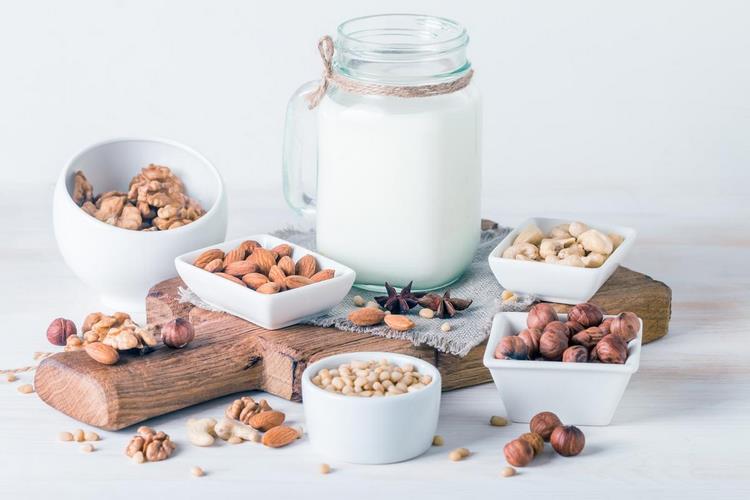
For one reason or another, a large number of people are trying to reduce their consumption of dairy products. What are best milk alternatives? There are a number of plant alternatives that are healthy, easily digestible and suitable even if you are trying to lose weight.
How to Choose the best Cow’s Milk Alternative?
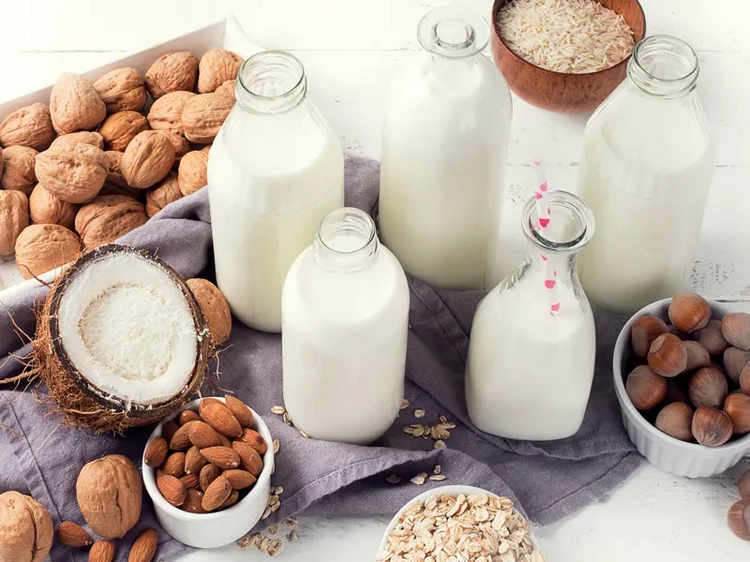
Cow’s milk is a frequently discussed topic. Nowadays the market offers a number of nondairy milk substitutes. Let’s look at some of the most popular options that will suit a healthy lifestyle!
Soy Milk
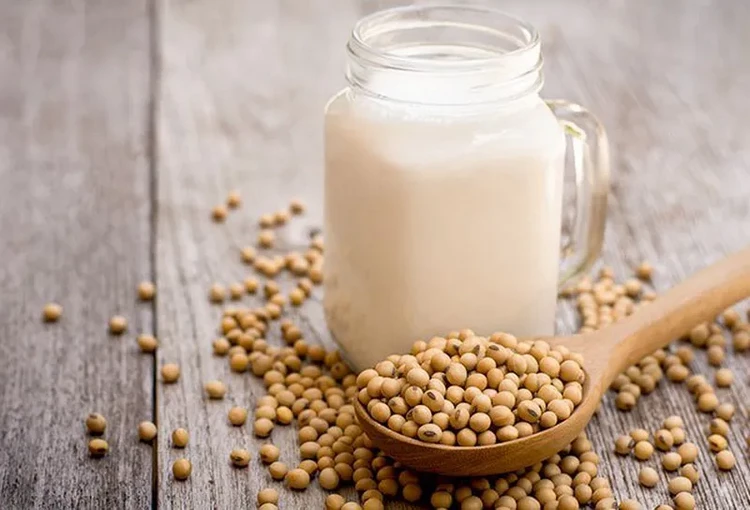
Soy is one of the most nutritious legumes ever. On average, it contains about 35% protein, 30% carbohydrates and 18% fat, in addition to a significant amount of lecithin. Its composition is similar to cow’s milk, it has a mild, creamy flavor and that is why a lot of people like it.
Soy protein is easily digested and beneficial to many health problems. In addition, soy also contains high amounts of B vitamins, vitamin E, folic acid and important minerals – calcium, magnesium and potassium. Soybeans are very beneficial to health, especially due to their significant antioxidant properties. However, people allergic to soy should not consume this milk alternative.
Almond Milk
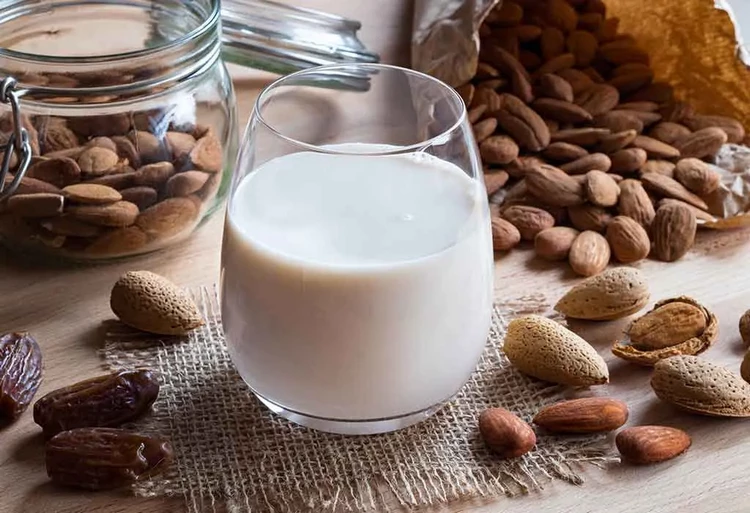
Almonds have a high nutritional value and they are rich in basic nutrients. Almond milk is one of the best milk alternatives and a great source of B vitamins, vitamin E, vitamin D, potassium, copper, magnesium, calcium, selenium, phosphorus, iron and zinc. In fact the amount of calcium is the same as in cow’s milk. More than 50% of the almond content is quality fats. A great alternative to cow’s milk, almond drink is also suitable for people with lactose intolerance and allergy to milk protein. Almond milk has a mild creamy texture and pleasant nutty flavor and is consumed as a drink, used as a base for smoothies and desserts. Almond milk is very easy to make. It is enough to soak the almonds for 8 hours in clean drinking water, and then grind it all in a blender.
Cow’s Milk Alternatives – Coconut Milk
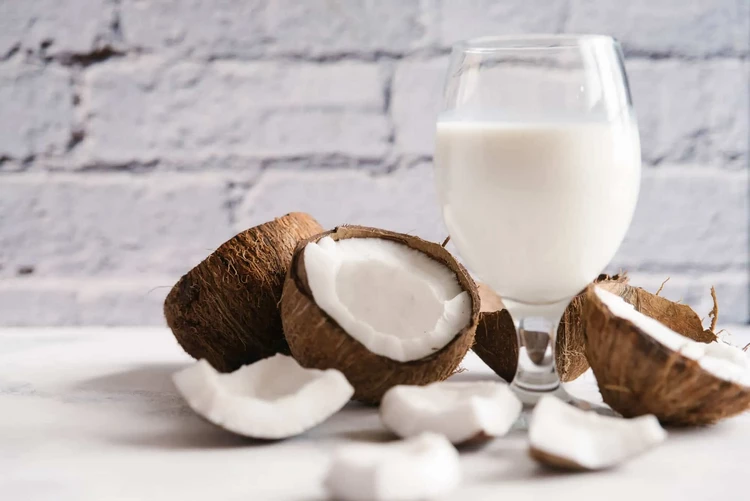
Coconut milk is one of the most popular cow’s milk alternatives. It is made from the flesh of a coconut, and the process of its preparation resembles the production of traditional cream. It is rich in vitamins E, C, B, magnesium, iron, phosphorus and potassium, has a higher fat content than cow’s milk but these are “good fats” – sources of Omega-3, 6, 9. The elements in the composition of coconut milk enhance immunity, participate in the production of red blood cells, accelerate metabolism and support the smooth functioning of nerve cells. It is suitable for people with various allergies and diabetes. The mild, pleasant taste of coconut milk makes it one of the favorite ingredients in all kinds of vegetarian recipes.
The Best Milk Alternatives – Rice Milk
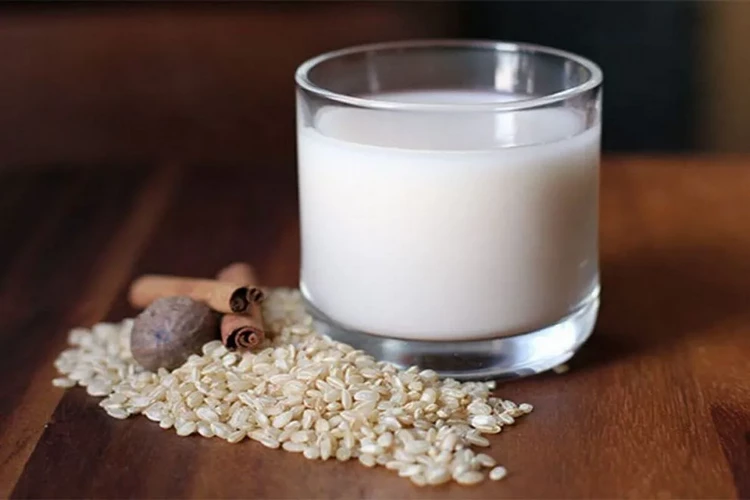
Rice milk has a light, slightly sweet taste and is obtained from some different varieties of rice. It is rich in calcium and vitamins, while the fat content is less than 3%. It is a great source of B vitamins and many minerals – potassium, magnesium, calcium, manganese, phosphorus, copper and selenium. Rice milk is hypoallergenic, balanced, high in antioxidants and has many health benefits – normalizes blood sugar levels, improves digestion, removes “bad” cholesterol from the body. Rice milk is suitable for allergy sufferers and people with sensitive digestion.
Oat Milk
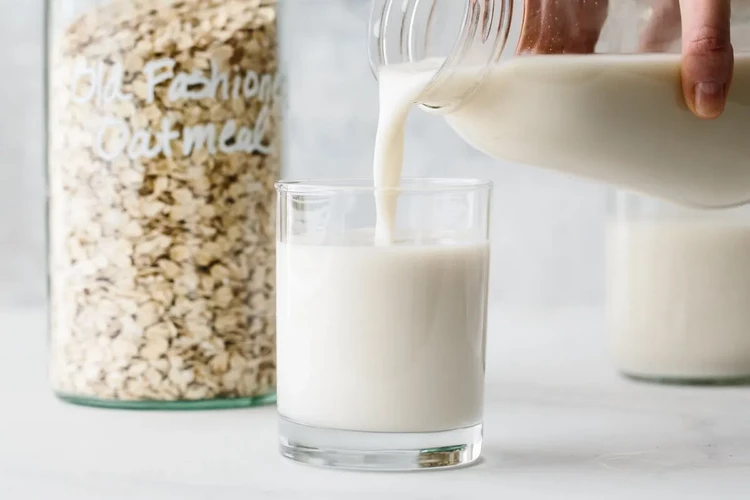
Oat milk is an ideal alternative to cow’s milk for people suffering from lactose intolerance and those who do not consume animal products. It is rich in micro and macro elements: calcium, magnesium, sodium, iron, manganese, copper and others. It contains B vitamins, vitamin E and is an antioxidant in itself. Oat milk normalizes the level of sugar and cholesterol in the blood, has a positive effect on the skin and hair, accelerates metabolic processes, has a positive effect on brain function and improves memory. It has a pleasant taste and a minimum of calories.
Cashew Milk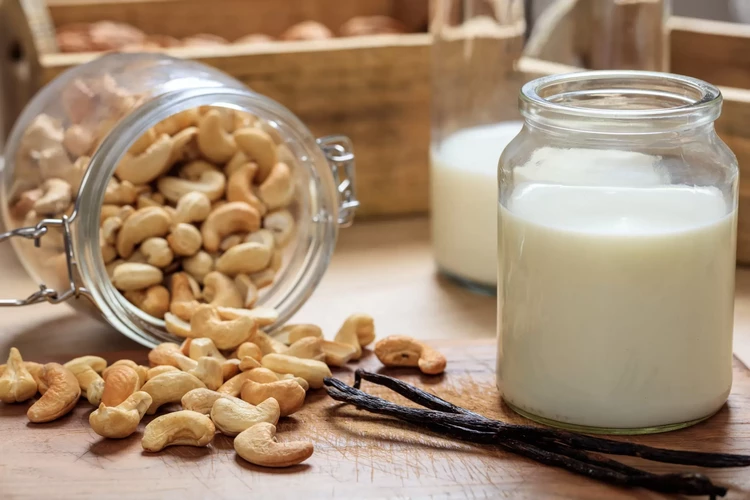
Cashew milk is made in the same way as almond milk. It has a delicate creamy taste. Cashew milk has a unique vitamin and mineral composition. It is rich in fatty unsaturated acids, contains vitamins A, B1, B2, as well as minerals necessary for the body, including calcium, zinc, iron, copper, magnesium phosphorus. This alternative to cow’s milk helps to strengthen the immune system and lower blood cholesterol levels, stimulates the cardiovascular system, maintains brain activity, strengthens bones and teeth.
Looking for the Best Milk Alternatives? Try Hemp Milk
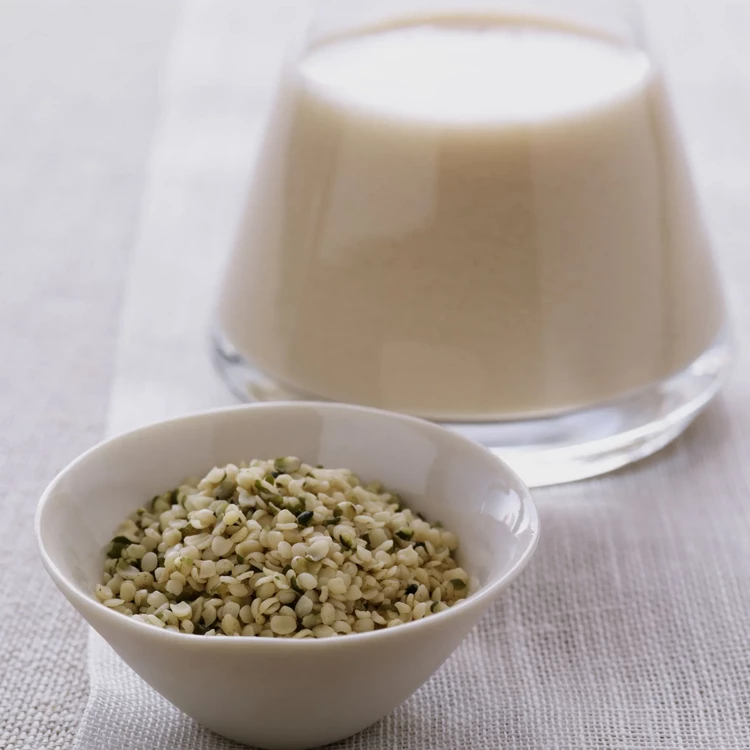
This is another alternative to cow’s milk. Hemp seeds contain 30% healthy fats (Omega 3/6/9), 22% vegetable protein and the rest is carbohydrates, fiber, vitamins, minerals, etc. This is almost the only plant that contains vitamin D. What are the benefits of hemp milk? It has anti-inflammatory properties, it is beneficial for hair, skin and nails, stimulates brain activity, etc.
